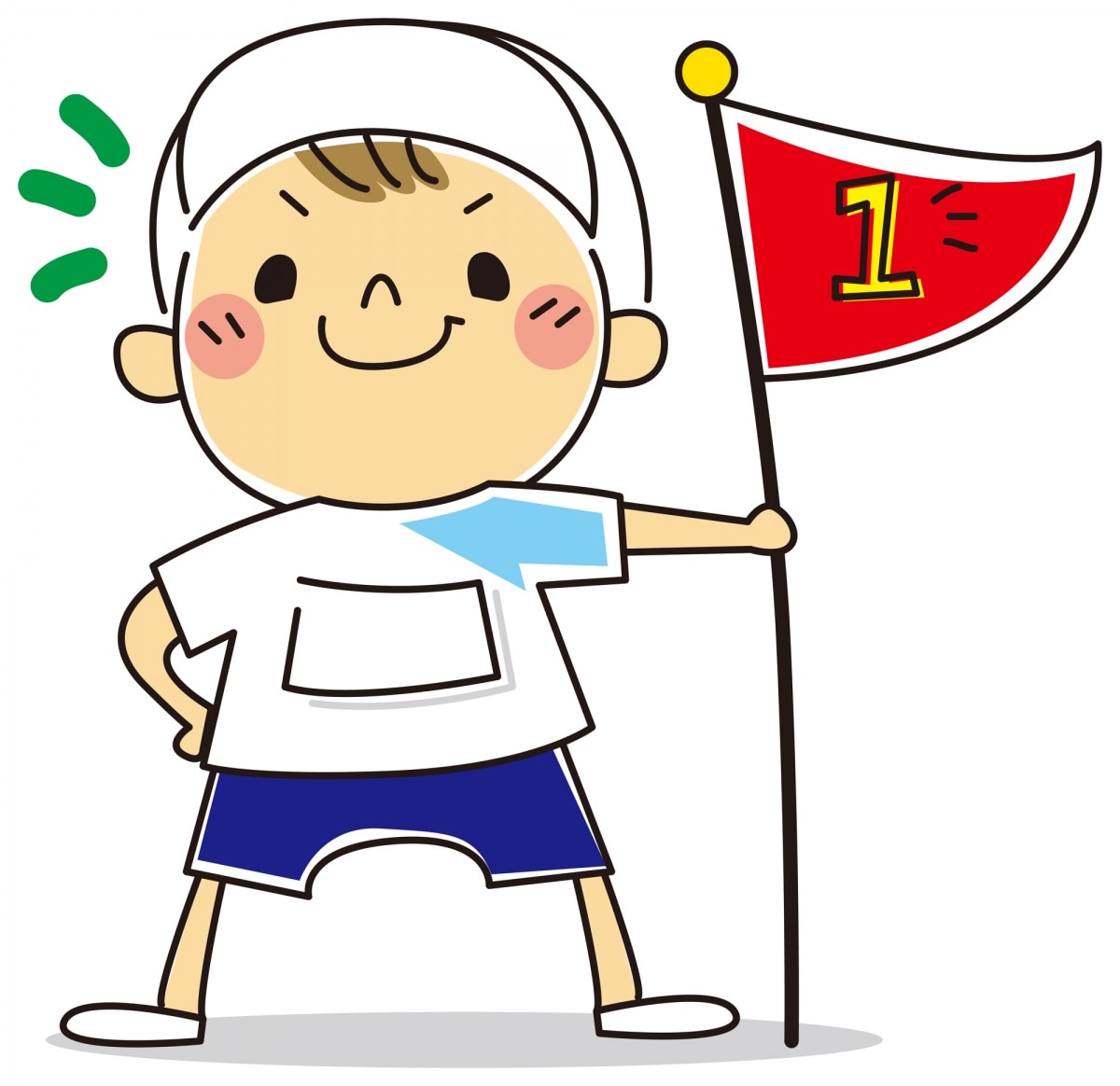How to Navigate Japan With Just One Word
When people travel to a foreign country, they tend to try to pick up a few key phrases before they go: how to say hello, how to ask for the bill at a restaurant and so on. You can do that for Japan as well, but the truth is, you actually don’t need to. All you need is one word: sumimasen.
By Michael Kanert7. Why Sumimasen Is All You Need

While the average Japanese person has shaky English grammar—English syntax is just so different from Japanese that if you don’t love studying the language it all tends to slide out of your head as soon as you leave high school—most people still retain an incredible amount of latent English vocabulary. It's sort of like how most Canadians can tell you they're ça va bien, but would dive for cover if you asked them to conjugate something à l'imparfait du subjonctif.
English catchphrases are everywhere in Japan, environmentally reinforcing those little bits of latent knowledge. This means pretty much every Japanese person can easily understand “hello,” “goodbye,” “yes,” “no,” “OK,” “thank you” and the numbers one to 10, plus whatever words stuck from school and a random smattering of in-the-moment pop expressions.
Combine this with the fact that the Japanese language really doesn’t care about grammar as long as you’ve indicated the subject, and you can very nearly communicate like a Japanese person without using a word of Japanese!
https://www.youtube.com/watch?v=D-UniZ9NmDg
For example, if you want to know where Shinjuku Station is in Japanese, you could formally ask, ”Sumimasen. Shinjuku eki wa doko desu ka.” But if you’re close to the station, you could also just ask, ”Sumimasen. Shinjuku eki wa?” Since eki is just the word for station, the substitution to English is easy.
So you can just say, “Sumimasen. Shinjuku Station?” and you’re pretty much guaranteed to be understood—since even the kid who hated studying English in school still picked up the ubiquitous word “station.” Just make sure you look confused so they know you’re asking a question! In fact, you could probably just walk up to someone and say “Shinjuku Station?” and look confused. Sumimasen is just there to break the ice!
People who live near a major tourist attraction will usually know what it’s called in English, be it a theme park, temple or museum—though if you’re looking for some out-of-the way spot, you’ll probably have to memorize the name in Japanese.

So what if you don’t know the word for the thing that’s troubling you? Just point to it (or indicate it with an open hand) and look as confused as you really are! Words aren’t necessary!
A lot of common day-to-day items are fairly well known in English, and as often as not even the Japanese word tends to have been imported from English anyway. So don’t sweat it if you don’t know the Japanese word for what you want. Just say, “Sumimasen. Tooth brush?” and there’s a very good chance you’ll be guided to exactly what you’re looking for.
If that doesn’t work? Sumimasen and a gesture, image, or print-out of the word will get you there! Then you can even thank them for their assistance with a heartfelt sumimasen.
So if you’re just planning on spending some vacation time in Japan, put away your phrasebook. Just practice the single, simple word you need to get by: sumimasen!




